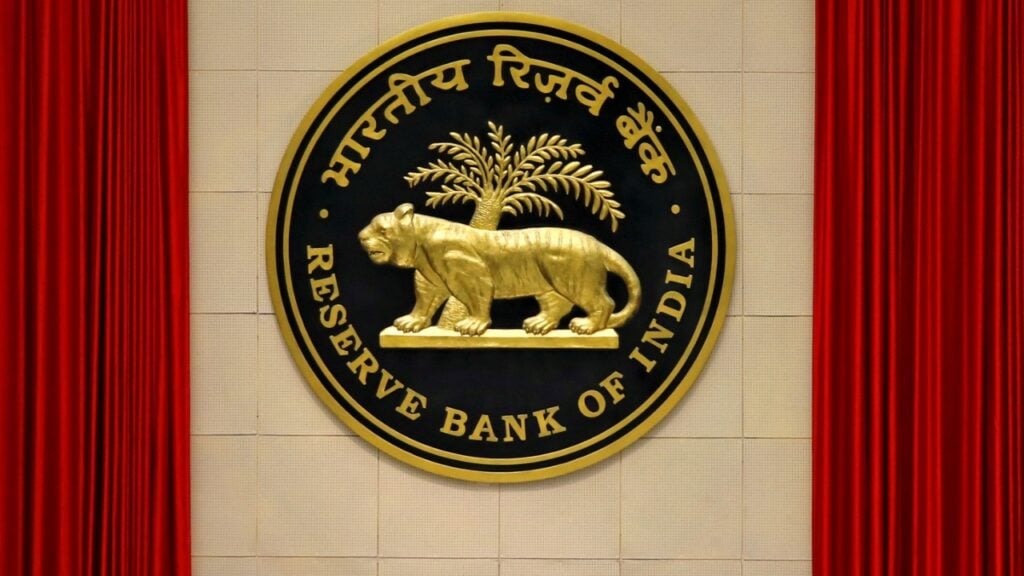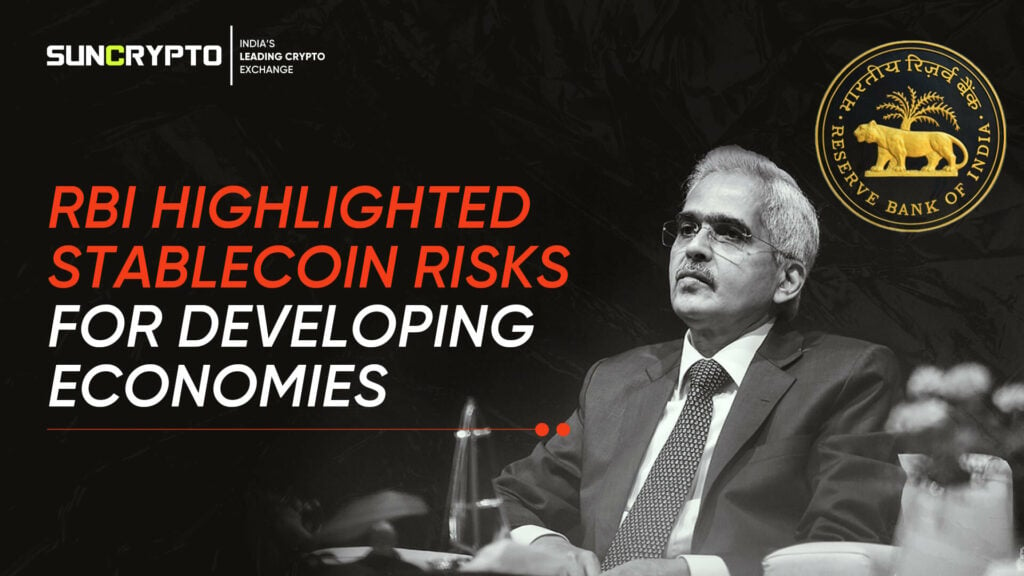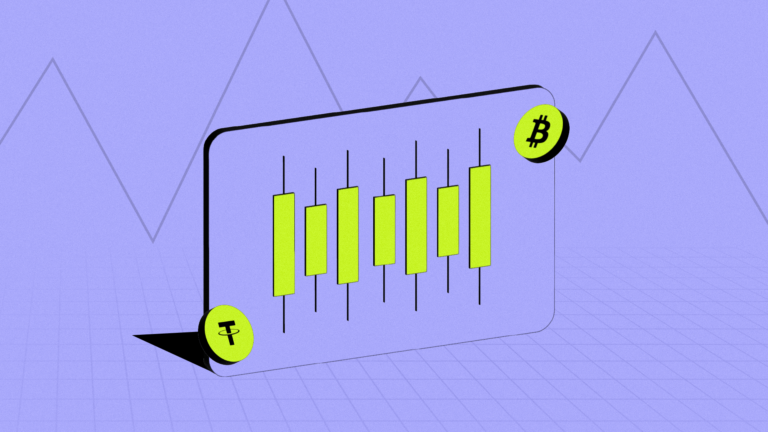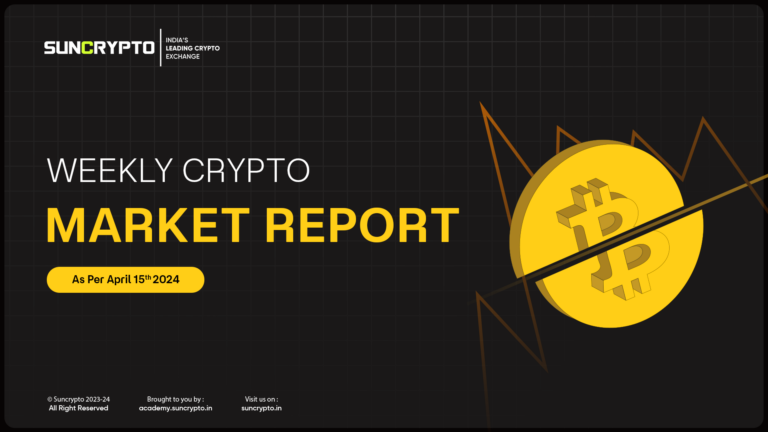In its latest Financial Stability Report, which was released on June 28, the Reserve Bank of India (RBI) highlighted the potential Stablecoin Risks. In addition, the central bank also reported its impact on emerging markets and developing economies (EMDEs).
The RBI, known for its skepticism towards cryptocurrencies, listed six particular risks that stablecoins pose and urged worldwide regulators to take immediate action. This report comes as central banks throughout the world struggle with the difficulties and opportunities that digital currencies offer.
Six Stablecoin Risks Detailed in the FSB Report
According to the Reserve Bank of India’s FSB report, the pull factors for crypto-assets, which are unavoidably denominated in convertible currencies, lack complete anti-money laundering (AML)/counter-terrorism financing (CFT) regulations and have features that promote anonymity and bypass safeguards.

RBI lists the following significant associated risks:
- Stablecoin reserve assets, denominated in freely convertible foreign currency, may destabilize EMDEs through currency substitution.
- Significant currency mismatch risks for businesses, institutions, and households may occur as a result of widespread adoption, which can result in cryptoisation.
- The central bank of an EMDE would not have the authority to manipulate domestic interest rates and liquidity conditions in order to achieve its macroeconomic policy objectives.
- In the absence of financial regulatory intermediaries in decentralized, borderless, and pseudonymous crypto asset transactions, financial stability risks can arise, particularly during negative spillovers and capital flow volatility.
- As an alternative to the domestic financial ecosystem, the crypto ecosystem may hinder the bank’s ability to mobilize fiat currency deposits, thereby affecting credit creation. Furthermore, any loss of customer ties undermines credit risk assessment.
- Tracking peer-to-peer transactions to unhosted or self-hosted wallets and anonymity-induced cryptocurrencies poses challenges with financial flow identification. As a result, risks of money laundering and terrorism financing emerge.
Reiterating the Importance of a Global Approach
The RBI took use of the opportunity to push for a coordinated global action, stating: “A globally coordinated strategy is required to assess the risks posed to EMDEs in comparison to AEs [advanced economies]. In this regard, one of India’s G20 priorities is to develop a framework for global regulation of unbacked crypto-assets, stablecoins, and DeFi.”
Furthermore, the Reserve Bank of India (RBI) has been optimistic about central bank digital currency (CBDC), initiating a wholesale digital rupee trial project in November 2022 and a retail digital rupee pilot project in February 2023.

Reserve Bank of India, in March 2023, also reached an agreement with the UAE’s central bank to investigate the possibility of establishing a CBDC bridge to facilitate commerce and remittances.
Conclusion
The latest study from the Reserve Bank of India emphasizes the significant concerns that stablecoins pose to emerging markets and developing economies. The RBI urges extensive worldwide regulatory measures to ensure that individuals and organizations use stablecoins responsibly and in accordance with regulations in order to avoid these risks.
As central banks continue to delve into the domain of digital currencies, the development and deployment of CBDCs present a potential solution that conforms with regulatory goals while encouraging innovation and financial inclusion.
To know more about the RBI’s Stablecoin Risks report, go check out SunCrypto Academy.
Disclaimer: Crypto products and NFTs are unregulated and can be highly risky. There may be no regulatory recourse for any loss from such transactions. The provider offers all content for informational purposes only and advises not to rely on it as financial/investment advice. The provider shares opinions, if any, solely for information and education purposes. Despite making the best efforts to ensure accuracy and up-to-dateness, occasional unintended errors or misprints may occur. We recommend you to please do your own research or consult an expert before making any investment decision. You may write to us at [email protected].





